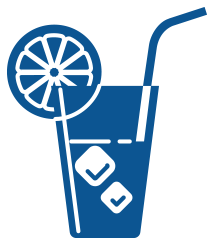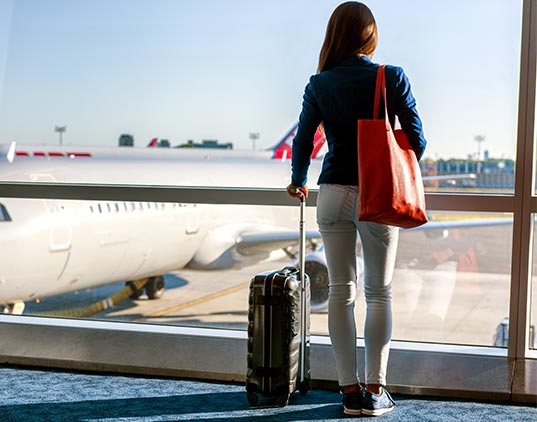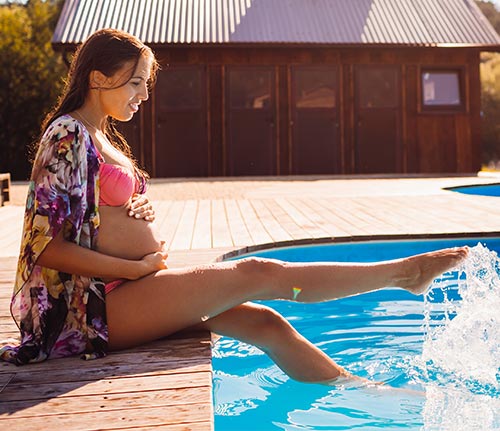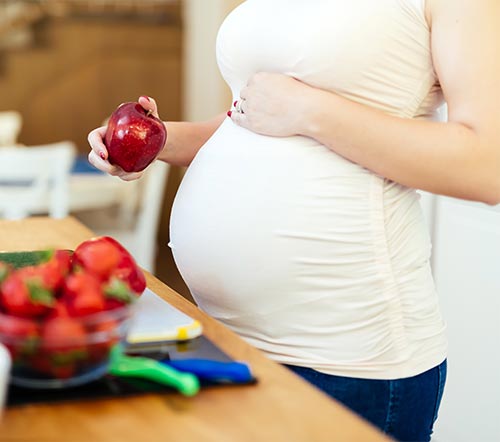Finding the Right Dietary Balance
You should be eating as healthily as possible throughout all stages of your pregnancy – and there’s no reason to change just because you’re off on your travels. Try to stick as closely to your regular routine as possible, even if it means carrying snacks or lunchboxes around with you.
You may have a specific diet which avoids certain foods, so, if you’re flying by plane, it might be smart to phone ahead and ask for a specialist meal to be prepared for you as your in-flight dinner. You’d also be wise to avoid certain street foods, as these can sometimes have a slightly questionable impact on your stomach.
Ultimately, keep as much protein, fruit and vegetables going into your system as possible. These will provide the core nutrition both you and your baby need to remain in good health. This will keep you hydrated.












